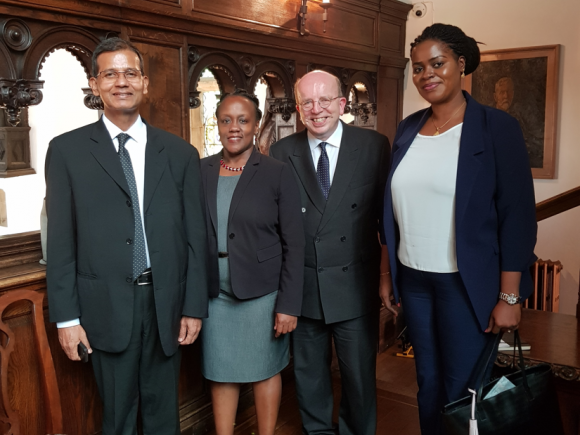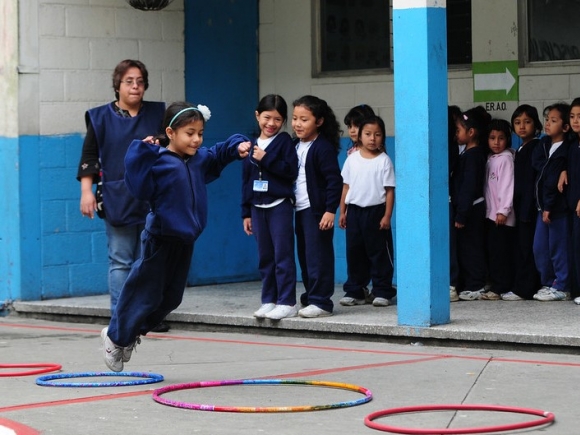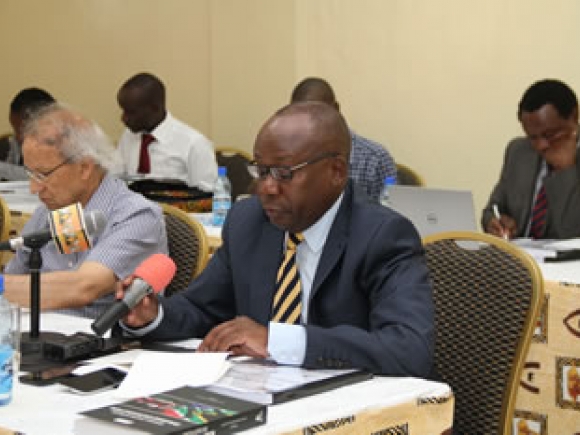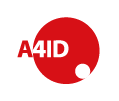
As opportunities and challenges arise in Uganda to improve access to justice, following the abolition of the mandatory death penalty, the ROLE UK Programme is supporting a partnership between Evolve – Foundation for International Legal Assistance (Evolve) and the Justice, Law and Order Sector (JLOS). The partnership aims to improve sentencing practice in Uganda and ultimately promote respect for human rights and the rule of law in Uganda’s criminal justice system.
Though Uganda retains the death penalty for a number of offences, a significant step was made towards improving access to justice in 2009 when, following the case of Attorney General v. Susan Kigula and 417 others, the Supreme Court upheld a decision by the Constitutional Court that the mandatory death penalty was unconstitutional. This ruling entitled those pending appeal to be resentenced by the High Court and changed the death sentences of those who had exhausted their appeal rights, but had been waiting for more than three years to be executed, to imprisonment for life without remission.
However, despite this seeming victory, the laws surrounding the imposition of capital sentences, life sentences, the treatment of the mentally ill, and the role of sentencing guidelines were left unclear. All of these issues raise fair trial concerns in the most serious categories of criminal cases. By the time the ruling to end the mandatory death penalty was affirmed by the Supreme Court, hundreds of prisoners were waiting on death row to have their sentences reviewed, creating further pressure on a system that was already under strain. Though sentencing guidelines were introduced in 2013, in an attempt to decrease inconsistency, their interpretation and application has remained inconsistent.
The unresolved situation has also damaged public confidence in the legal system. A representative of JLOS explained that there had been “public outcry and a loss of confidence in judicial sentencing systems by members of the public”, while a former member of the Ugandan sentencing committee held a similar opinion, citing “discomfort and lack of confidence in the prison system due to inconsistent sentencing”.
The role of UK expertise
In recognition of these inconsistencies and disparities in sentencing practice, and the desire of the Ugandan legal sector to address them with the support of the ROLE UK Programme, the Evolve-JLOS partnership was formed in 2018. As a pro bono criminal justice development organisation based in the UK, Evolve is able to provide international expertise, based on its members’ knowledge and learning from sentencing guidelines in the UK, as well as its wider knowledge of sentencing in capital cases in other jurisdictions. Meanwhile, JLOS is a sector-wide collaboration, promoted by the Ugandan government, which brings together key justice sector institutions with closely linked mandates of administering justice and maintaining law and order, and human rights.
The Ugandan legal sector’s uncertainty in translating international standards and case law to the national legal system, and finite resources with which to do so, indicated the value of bringing Evolve’s international expertise on capital punishment and other sentencing practices into the partnership. The Ugandan legal system is also heavily influenced by the UK common law system, so UK expertise is particularly relevant to this context. Through years of working with the Ugandan justice sector, prior to the establishment of the partnership, Evolve has gained a wealth of knowledge of the Ugandan legal system and strong relationships with key stakeholders, ensuring the organisation is well-placed to effectively support JLOS’ mandate.
Creating a unified approach
To develop new sentencing guidelines that are both legally binding and effectively implemented, the partnership first needed to ensure the different judicial stakeholders in Uganda were unified on the issue of sentencing reforms. The ROLE UK Programme supported a sentencing conference in 2018 in Kampala, at which the partnership brought together around 150 people, including all members of the judiciary and registrars. The Conference covered a range of topics, from the implementation of the 2013 sentencing guidelines to the role of effective law reporting in improving sentencing jurisprudence. The discussions enabled the partnership to bring to light a number of key issues in sentencing and to gain the commitment of senior stakeholders to address these challenges. Achieving a unified approach across the judiciary is particularly important to guarantee the sustainability of improvements in the application of subsequent reforms, as judges are frequently rotated in Uganda.
“The conference was the first of this nature – it is where we all unanimously agreed there was a problem that needed us to work together closely to develop a solution, it was an important milestone that would not have happened without Evolve – we would never have had a UK judge to help facilitate or have access to the research and presentations made.”
- JLOS representative
Providing technical guidance
In addition to advocating for the need to improve sentencing practices, a key function of the partnership is the provision of legal technical guidance for developing new sentencing guidelines. As part of this approach, nine representatives from the Uganda Sentencing Guidelines Committee, which was established to investigate sentencing disparities in criminal courts in Uganda, travelled to the UK in 2019 to meet and learn from their UK counterparts. Over a week-long period, the delegates were able to meet representatives of all aspects of sentencing policy. During this week, they discussed the use of impact assessments and consultative processes before introducing new guidelines. The delegates were also able to gain feedback on particular obstacles currently posed in the Ugandan context. The visit led to significant progress in developing the improved sentencing guidelines, with a working party immediately established upon their return, to redraft the guidelines in line with those in the UK.
“The guidelines we are about to issue now are informed by UK sentencing, developed with the support of ROLE [UK] and Evolve, without this it would not have reached this far… the committee was convinced they were better off aligned to UK guidelines, this was informed by lessons from the UK Visit.”
- JLOS representative
Moving forward
The combination of work that Evolve and JLOS conduct has the potential to make significant improvements to the rule of law in Uganda, greatly enhancing access to justice and equal treatment for any individuals who come into contact with the justice sector. The partnership stakeholders are continuing to work together to build on the progress they have made thus far, with an intensive retreat for key judicial actors in the pipeline to complete the production of the improved sentencing guidelines and to plan for the various stages of implementation. Subsequent capacity building workshops will also play an important role in ensuring the consistent interpretation and application of the guidelines, which will be necessary to ultimately realise improvements in respect for human rights and the rule of law in Uganda’s criminal justice system. In the longer term, it is hoped that the continued collaboration between Evolve and JLOS will ultimately contribute to achieving UN Sustainable Development Goal 16 on Peace, Justice and Strong Institutions in Uganda.






